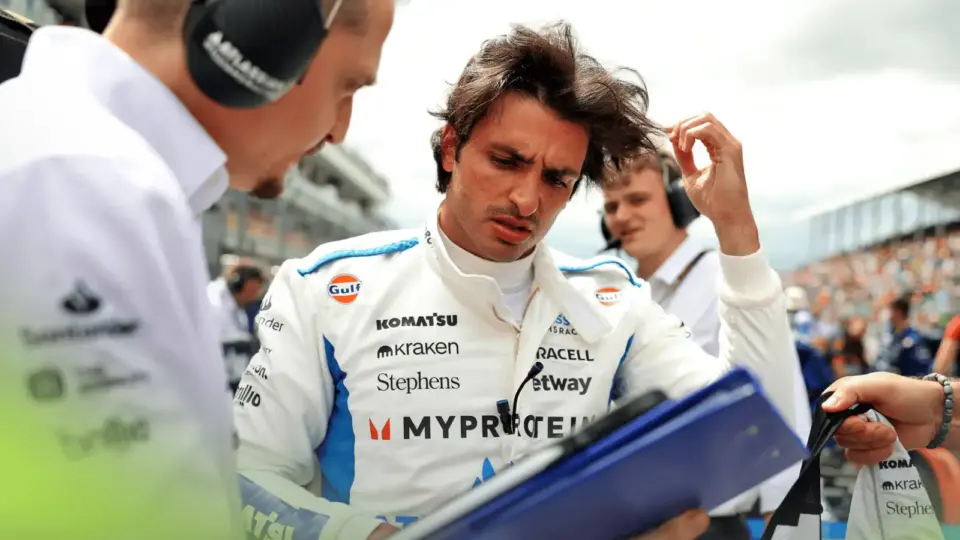A hot topic is brewing in the Formula 1 world, and it’s leaving drivers sweating. Haas driver Oliver Bearman has voiced concerns over the FIA’s cooling vests, calling them “unfair.” While the new cooling system aims to keep drivers comfortable, Bearman feels the rules surrounding it might leave some at a disadvantage.
With extreme heat conditions in places like Qatar, the FIA introduced a new cooling system that channels cold water around a driver’s torso. However, Bearman and others have noticed that the weight restrictions make it impractical to use unless a heat hazard is declared, which seems to favor certain teams over others.
The introduction of the FIA’s cooling vests was meant to be a solution, but it appears to have opened a can of worms. According to Bearman, the cooling system works well but comes with a hefty weight penalty unless the FIA declares a heat hazard. “It seems like the threshold is quite high,” Bearman remarked. “I know that some teams run it normally, which seems a bit unfair.”
Bearman shared his experience at Jeddah, explaining that while the cooling system was beneficial in practice, the rules kept them from using it in the race. “The whole system is too heavy,” he explained, emphasizing the ongoing struggle between driver comfort and car performance. The humidity in Jeddah poses another challenge, making the cooling system almost essential, yet elusive.
For many F1 teams, performance is paramount, and comfort takes a back seat. Bearman notes that drivers are often willing to “suffer” when the system isn’t available. This raises a question: at what point does driver welfare become just as important as winning a race? Bearman believes more needs to be done.
The FIA’s cooling vest has been a hot topic due to the weight restrictions that accompany it. Drivers who opt to use the vest without a heat hazard declaration must bear the extra car weight, potentially impacting their lap times. Bearman highlighted this disparity, noting that only some teams can afford this weight margin, which is “really unfair.”
Bearman’s call for changes to the current FIA rules on cooling systems is a plea for fairness. He argues that unless the rules evolve, only a fraction of the grid will benefit from this innovation. For the sake of all drivers, Bearman hopes the FIA will address these concerns swiftly.
In Jeddah, Bearman had a taste of what the cooling system could offer. Even with temperatures hovering just below the threshold, the difference it made was significant. “Having cool water is life-changing,” he said, acknowledging its impact on his practice session, though he couldn’t replicate it during the race.
Without the heat hazard declaration, teams opting for the cooling system must add 500g of ballast to their cars. This trade-off between comfort and speed adds complexity to strategic decisions, impacting overall performance. Bearman and his team find themselves frequently weighing these options.
As technology advances, the expectation is that solutions like the FIA’s cooling vest will adapt to be more inclusive. However, until then, drivers like Bearman are caught in a bind: choose between personal comfort and car efficiency, a choice that could influence race results.
Oliver Bearman hopes his candid remarks will spark a dialogue about the FIA’s regulations. While some might view his stance as controversial, his ultimate goal is to promote a fair play field, ensuring that all drivers can race under the same conditions regardless of the circuit’s temperature.
Bearman’s outspoken stance on the FIA’s heat regulations highlights a critical issue within F1. While the intent behind the cooling system is to aid drivers, the current rules seem to benefit select teams more than others. As the heat continues to rise, Bearman’s call for change might just be the catalyst needed for a fair solution.










